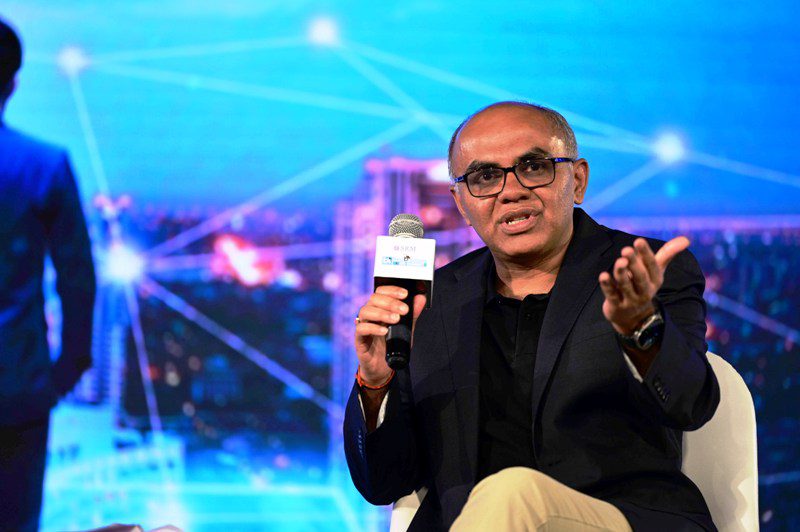The field of Human Resources (HR) has experienced significant changes with the advent of technology. From recruitment and onboarding to employee management and engagement, technology has revolutionized various HR processes. In this blog post, we will explore the impact of technology on HR and evaluate whether it is truly making HR easier.
Streamlining Administrative Tasks
One of the primary ways technology has eased the burden on HR professionals is by streamlining administrative tasks. Traditional HR tasks such as managing employee records, handling paperwork, and processing payroll can be time-consuming and prone to errors. However, with the introduction of HR software and cloud-based systems – like ADP workforce – these tasks can now be automated, reducing manual effort and improving accuracy.
HR software solutions enable the digitization and centralization of employee data, making it easily accessible and searchable. This eliminates the need to maintain paperwork and allows HR professionals to retrieve information quickly when needed. Automated payroll systems calculate wages, deductions, and taxes accurately, saving HR teams hours of manual calculations and reducing the risk of errors.
Enhancing Recruitment & Onboarding Processes
Another area where technology has had a significant impact is in recruitment and onboarding. Traditionally, HR professionals would spend countless hours sifting through resumes and conducting interviews. However, the recruitment process has become more efficient and streamlined with the emergence of applicant tracking systems (ATS) and online platforms.
ATS software helps HR teams manage job postings, track applications, and identify qualified candidates. It uses algorithms to scan resumes, saving time by automatically filtering out unqualified applicants. Additionally, video interviewing platforms enable remote interviews, eliminating the need for travel and facilitating the assessment of candidates from different locations.
Technology has also transformed the onboarding process, making it more engaging and interactive. Online onboarding portals allow new hires to complete paperwork, watch training videos, and access important information before their first day. This digitization reduces paperwork, accelerates the onboarding process, and enhances the employee experience.
Improving Employee Management & Engagement
Technology has revolutionized employee management and engagement, providing HR professionals with tools to monitor and support their workforce effectively. HR platforms offer features like time and attendance tracking, performance management, and employee self-service portals. These tools streamline HR processes, allowing HR teams to focus more on strategic initiatives and employee development.
Additionally, technology has paved the way for improved employee engagement and communication. Internal communication platforms and collaboration tools enable HR teams to share company updates, news, and policies in real-time. Mobile apps and social intranets facilitate employee engagement by providing a platform for peer recognition, employee feedback, and interactive communication.
Furthermore, technology has given rise to employee survey platforms that enable HR professionals to gather feedback and measure employee satisfaction. These tools provide valuable insights for identifying areas of improvement and implementing strategies to enhance employee engagement and retention.
Technology has undeniably made HR easier by streamlining administrative tasks, enhancing recruitment and onboarding processes, and improving employee management and engagement. With the right tools and platforms, HR professionals can automate time-consuming tasks, leverage data-driven insights, and focus on strategic initiatives that drive employee satisfaction and business success. While technology has limitations, its impact on HR has been transformative, empowering HR professionals to become more efficient, effective, and strategic in their roles.



